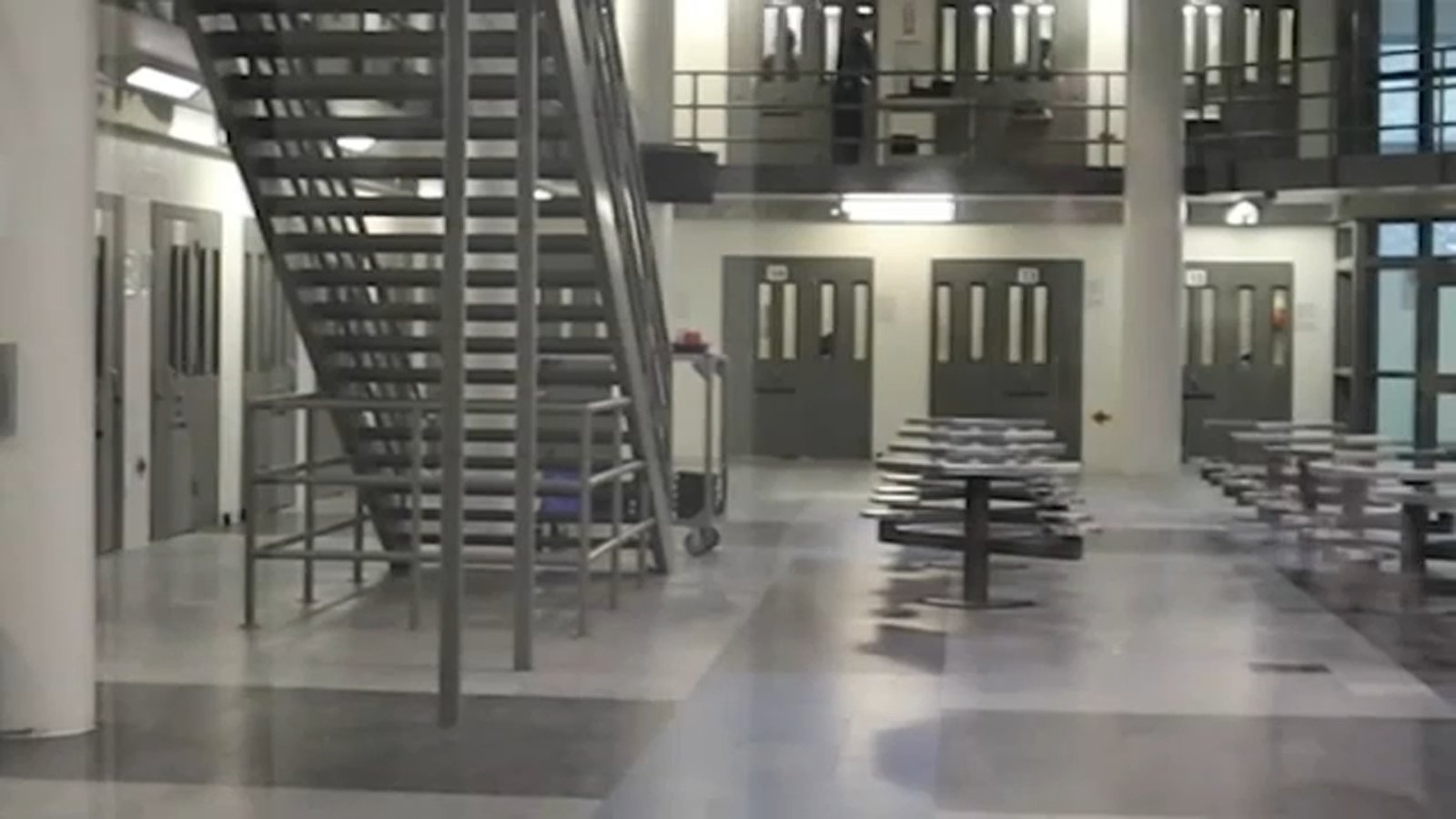In Shawnee, Oklahoma, the loss of a $347,000 federal grant has sharply increased the number of arrests related to mental health crises, according to local police. This funding previously supported a Crisis Intervention Team (CIT), which paired officers with behavioral health counselors to address mental health emergencies without resorting to incarceration.
Since the grant ended in August 2024, Shawnee Police Department has reported a rise in 911 calls, with fewer individuals being diverted to community resources. Corporal Kevin Nichols, who managed the CIT program, stated, ‘It was a loss for our city.’ The team had successfully reduced arrests from more than 2,200 calls to just three, allowing officers to connect individuals to care rather than jail.
Counselor Emily Jones, who was part of the co-response team, noted a marked increase in individuals seeking help at local hospitals and crisis centers since the funding ended. She emphasized that the collaboration between law enforcement and mental health services was vital, saying, ‘Our law enforcement agencies are just saturated with these mental health needs.’
Prior to the funding cuts, the CIT conducted 1,171 wellness checks in 2023, significantly beyond what officers can handle now. Officer Kelli Cotton, who was dedicated to these wellness checks, lamented the loss of resources: ‘People that really probably just need to go to Red Rock or be put in a facility end up going to jail because we don’t have the time or resources to devote to giving them the help they need.’
The department has also faced limitations in handling potentially suicidal individuals due to the absence of in-house mental health specialists. Current protocols restrict in-person responses to high-risk situations, leading to delays in providing necessary support.
Ernie Stevens, deputy division director at the CSG Justice Center, highlighted the importance of integrating mental health care into law enforcement practices. He stated, ‘Not everybody that calls 911 needs a police officer to show up.’ He noted that while Oklahoma has increased the number of officers receiving Crisis Intervention Team training by 80% since 2016, effective collaboration with local mental health providers is essential for success.
Jones pointed out the positive impact of the CIT in fostering communication between police and mental health services, and how this collaboration improved relationships with community organizations. However, without sustained funding, the Shawnee Police Department is at risk of reverting to outdated practices that do not prioritize mental health support.
Nichols expressed disappointment that the department was not awarded a second round of funding from the U.S. Department of Justice, which has decreased the number of cities receiving grants from 15 to five. He emphasized the need for dedicated funding for mental health initiatives, stating, ‘We should have a grant for this.’ Without such support, Shawnee’s mental health outcomes are expected to decline further, with more individuals facing incarceration instead of receiving the care they urgently need.



